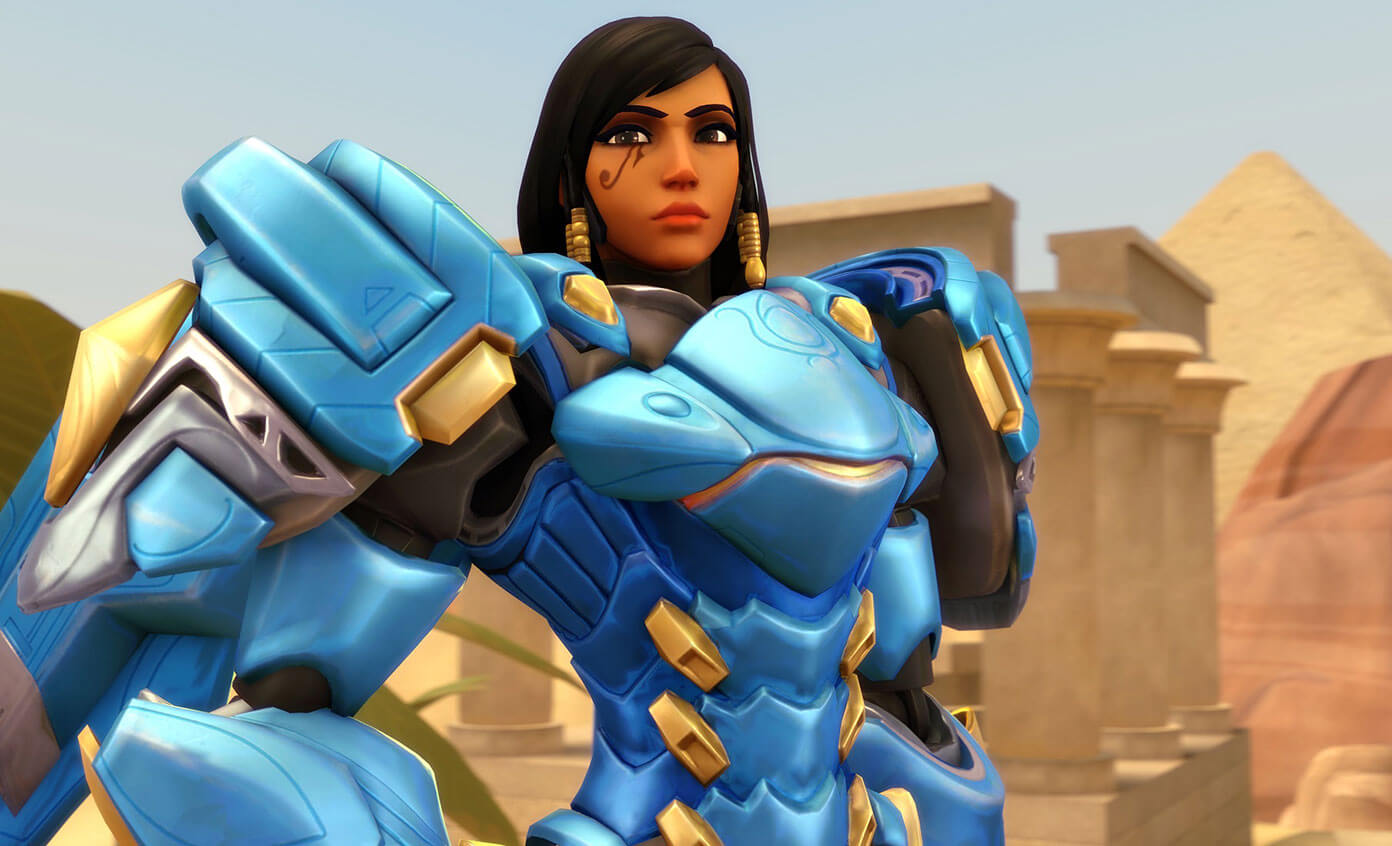On Feb. 13, Game Dev McGill, a student-run club for individuals interested in game development, held an open lecture called “The ‘Slims: A how-to guide for Muslim representation in video games,” presented by Osama Dorias. Dorias is a game designer at Warner Brothers Games Montreal, as well as the co-founder of the Montreal Independent Games Festival and a hobbyist company called Magic Pants. Dorias has also worked at Minority Media, Ubisoft, and Gameloft in Montreal, and has shipped over 30 games of varying sizes throughout his career.
Dorias’ talk explored Muslim representation in media at large and debunked some common misconceptions about Islam. He then provided a how-to guide with actionable advice on incorporating positive and appropriate depictions of Muslim characters and settings in video games.
Dorias started by exploring how the media we consume has an impact on our perceptions of Muslim people. He emphasized that although creators are often well-intentioned, they frequently miss the mark on positive representation by relying heavily on stereotypes. Dorias emphasized that while the majority of Muslim media representation focuses on portraying Arab Muslims, that group only accounts for a small portion of the Muslim world overall.
“You have a much wider pool of people to pick from when it comes to Christians and Atheists, so it’s harder to narrow it down to one look,” Dorias said. “But Arab Muslims account for less than 15 per cent of Muslims worldwide [….] In countries that have large populations of Muslims and Buddhists, you can’t tell them apart. Muslims are diverse; not unlike non-Muslims.”
In order to combat negative and inaccurate media representation, Dorias stressed that creators should allow Muslim individuals to tell their own stories, and to consult these individuals as much as possible during the development process. In addition, developers should employ authentic voice actors to portray Muslim characters. Following these steps would result in fewer tokenized representations of Muslim characters.
“Don’t stack tokens,” Dorias said. “What I mean is that if you have a game with a lot of different characters, don’t make one the paraplegic black Muslim woman and […] have everyone else in your game be a white guy. I’d love to hear the story of a black paraplegic Muslim woman, there’s nothing wrong with that […she] sounds like an interesting character, but you’re not going to get bonus points for it. That’s not how representation works. And if you do have a character that has a lot of different tokens stacked together, then try your best to find someone whose life is as close to that character as possible as a consultant.”
In addition, developers should strive for accuracy when depicting rituals and religious practices in the games they create. Dorias cited Azeem (Morgan Freeman) in Robin Hood: Prince of Thieves (1991) as a positive representation of a Muslim character that, unfortunately, depicted religious ritual inaccurately to the detriment of the film itself.
Dorias added that positive representations of Arab countries are hard to come by. He frequently used Overwatch, an online co-op first-person shooter developed by Blizzard Entertainment, as an example of a game that successfully navigated positive Muslim and Arab representation. Overwatch features characters like Egyptian women Ana and Pharah, and a map called ‘Oasis’ that is set in a futuristic, bustling Iraq.
“Positive representation of these countries Muslims come from […] barely exists,” Dorias said. “To my shame, I’ve never projected a positive prediction for the future of my country of birth. [….] So of course when someone shows me a positive representation, I’m going to get emotional. And that’s what Overwatch did. I’m using this as proof that representation matters and is actually important.”
During the question and answer period, Dorias argued that a lack of representation in the gaming industry influences how stories about Muslim characters are told. Combatting the corporate culture in the industry and hiring a greater diversity of developers would make a significant positive difference.
Game Dev McGill hosts lectures about different topics relating to the game development industry. Follow them on their Facebook page (@gamedevmcgill) for information about upcoming events.









